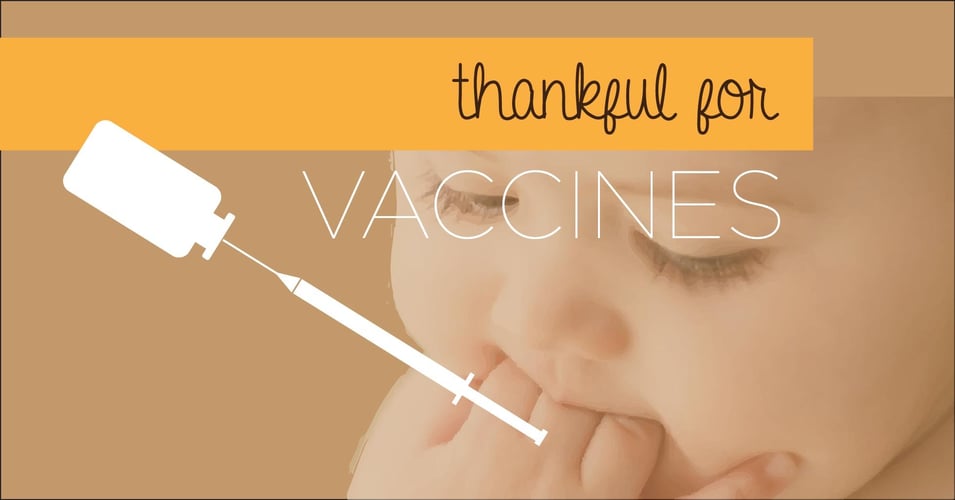

As we reflect on the many things we have to be thankful for, it’s easy to think about family, friends, and the comforts of home. But there’s a group of people we often overlook—the civil servants working tirelessly behind the scenes at federal agencies like the EPA, FDA, CDC, and HHS. These professionals play a vital role in safeguarding public health, yet their work often goes unnoticed or misunderstood.
Who Are Civil Servants?
Civil servants in federal healthcare agencies are scientists, policy makers, inspectors, analysts, and administrators. They dedicate their careers to protecting and improving the health of millions of Americans. They are the ones working to ensure we have clean water to drink, safe medications to take, and reliable guidance during public health crises.
Here’s just a glimpse of what they do:
- EPA (Environmental Protection Agency): Ensures the air we breathe and the water we drink are safe, monitoring environmental hazards that can impact human health.
- FDA (Food and Drug Administration): Regulates food, drugs, and medical devices to ensure they are safe and effective, preventing harm to the public.
- CDC (Centers for Disease Control and Prevention): Tracks and mitigates the spread of infectious diseases, developing guidelines to keep communities healthy.
- HHS (Department of Health and Human Services): Oversees major programs like Medicare and Medicaid, ensuring vulnerable populations have access to healthcare services.
Why Their Work Matters
Imagine a world without these agencies. Without the EPA, unchecked pollution could devastate public health and manufacturers could hide dangerous (or ineffective) ingredients found in their products. Without the FDA, unsafe drugs and foods could flood the market and consumers would not have a reliable way to judge their safety or efficacy. Without the CDC, pandemics could spiral out of control without coordinated efforts to contain them, not to mention chronic illnesses and other preventable health issues. Without HHS, millions of Americans could lose access to critical health resources, including care for pregnant women, young children, and the elderly.
These civil servants aren’t just doing jobs—they’re carrying out missions critical to our well-being.
The Hard Work Behind the Scenes
What many people don’t realize is just how challenging their work is. Civil servants operate under immense pressure, often with limited resources and increasing workloads. They must navigate complex regulations, respond quickly to emergencies, and balance competing priorities—all while facing public scrutiny. During a health crisis, for example, CDC employees may work 16-hour days analyzing data, coordinating responses, and developing life-saving protocols. FDA scientists meticulously review mountains of evidence before approving a single drug or vaccine to ensure safety. EPA inspectors might travel to remote locations to investigate potential environmental hazards that could affect community health.
And they do all of this quietly, without seeking recognition or praise.
Why We Are Thankful
These professionals don’t ask for accolades, but they deserve them. Their work ensures that we can enjoy the simple pleasures of life—clean water, safe food, reliable healthcare—without a second thought. They sacrifice their time, and often their peace of mind, to uphold the systems that keep us healthy. And they do all this at civil servant salaries, which are modest compared to comparable positions in the private sector.
This Thanksgiving, let’s take a moment to appreciate the civil servants working in healthcare at federal agencies. They are unsung heroes, and their contributions touch every aspect of our lives.
How You Can Show Gratitude
- Learn More: Take time to understand the work of these agencies and share their importance with others.
- Support Public Health Initiatives: Advocate for policies and funding that help these agencies fulfill their missions.
- Vote: Use your knowledge to help make your decisions during elections, and demand that your elective officials remember how important these agencies and their employees are to our nation's health.
The next time you drink a glass of clean water, pick up a medication at the pharmacy, or hear about a public health breakthrough, think of the people who made it possible. They’re working for all of us, and they deserve our gratitude.




